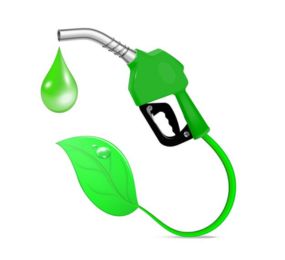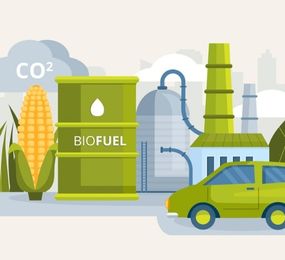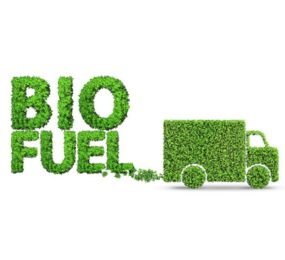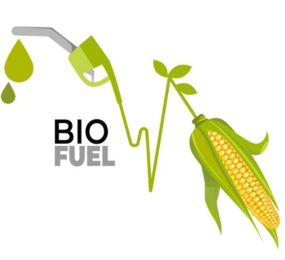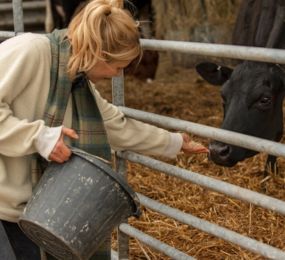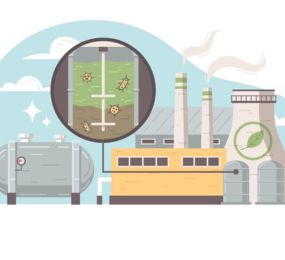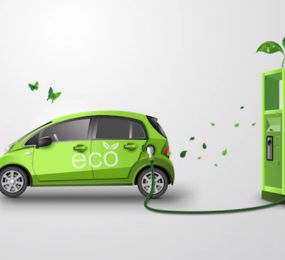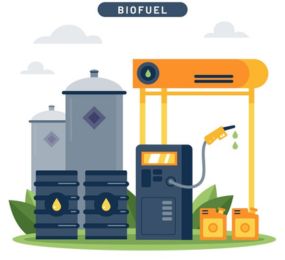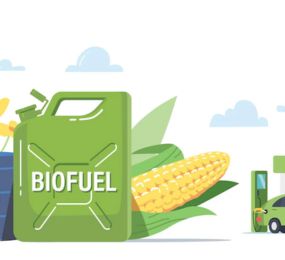Advanced Biofuels vs. First-Generation Biofuels: What’s the Difference?
The landscape of biofuels is categorized into generations, primarily distinguishing between "first-generation" and "advanced" (often called second, third, or fourth-generation) biofuels. While both aim to reduce reliance on fossil fuels, their fundamental differences lie in their feedstocks, production processes, and environmental implications.
First-generation biofuels are produced from edible food crops rich in sugar, starch, or vegetable oils. Common examples include ethanol derived from corn or sugarcane, and biodiesel made from soybean or rapeseed oil. Their production processes, such as fermentation or transesterification, are relatively mature and well-established. However, a significant drawback of first-generation biofuels is the "food versus fuel" debate, where cultivating crops for energy competes with land and resources needed for food production. This can lead to increased food prices, deforestation, and indirect land-use change, potentially negating their environmental benefits.
In contrast, advanced biofuels are developed to overcome these sustainability concerns. They are primarily produced from non-food feedstocks, leveraging waste materials or non-edible plants. This includes agricultural and forestry residues (like corn stover, wood chips), municipal solid waste, algae, and dedicated energy crops grown on marginal land. The production processes for advanced biofuels are generally more complex, involving technologies such as pyrolysis, gasification, and hydrothermal liquefaction, or advanced biochemical conversions like enzymatic hydrolysis.
The key advantages of advanced biofuels are their significantly lower environmental footprint and enhanced sustainability. By utilizing waste streams, they avoid competition with food production and contribute to a circular economy. Furthermore, many advanced biofuels are chemically identical or very similar to fossil fuels ("drop-in fuels"), allowing for seamless integration into existing infrastructure and use in current engines, which is crucial for decarbonizing hard-to-abate sectors like aviation and shipping. This distinction makes advanced biofuels a more promising and sustainable pathway for achieving global decarbonization goals.
Visit our website to know more: https://www.leadventgrp.com/events/3rd-annual-advanced-biofuels-forum/details
For more information and group participation, contact us: [email protected]
Leadvent Group - Industry Leading Events for Business Leaders!


